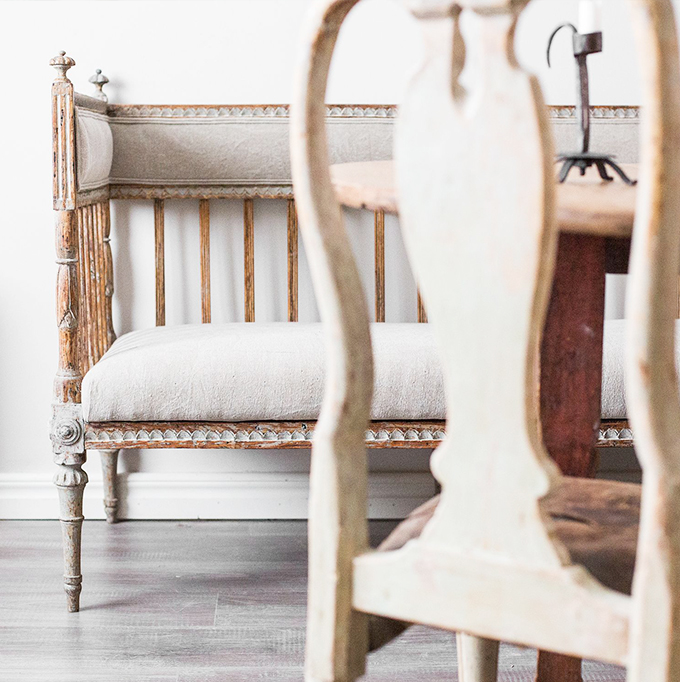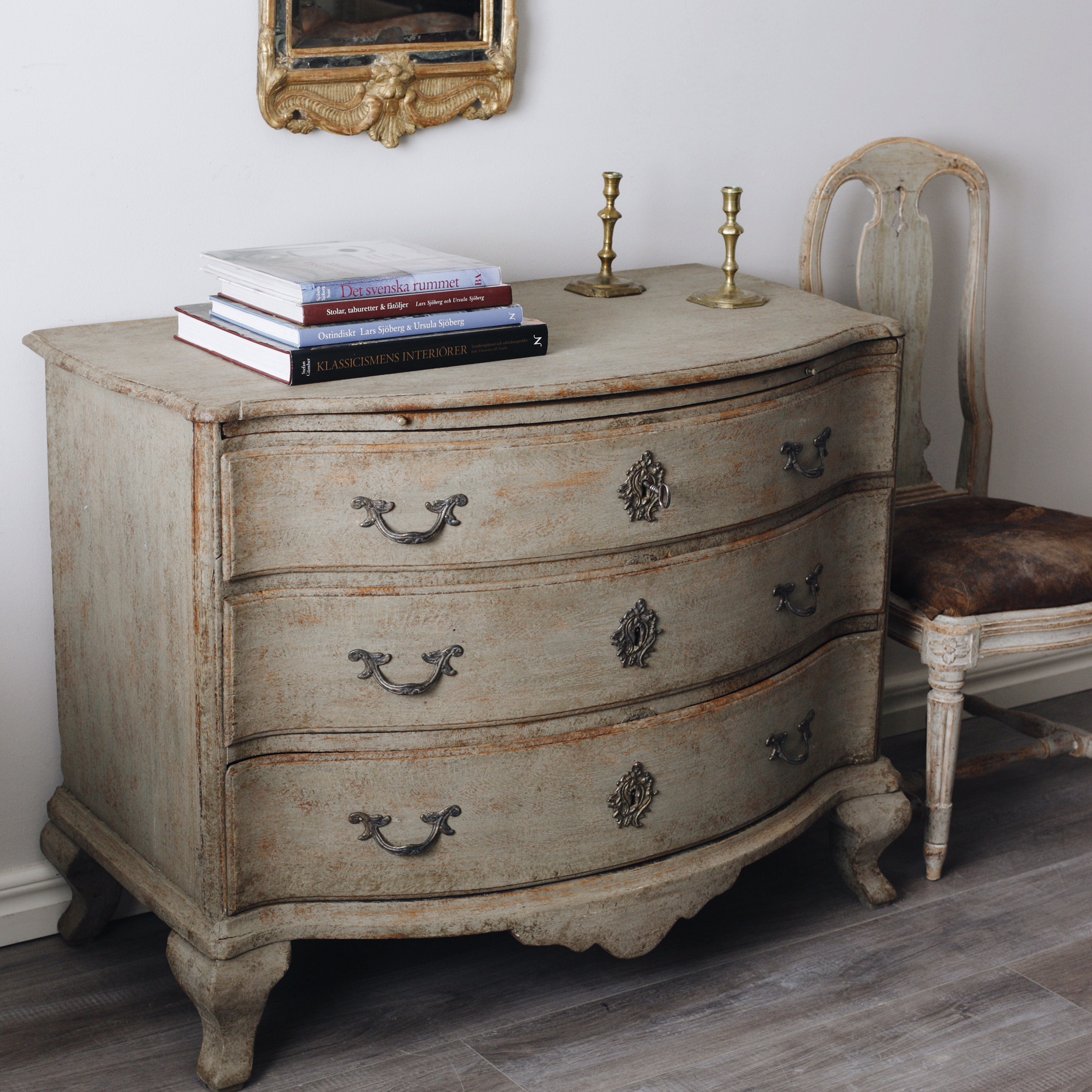Achieving the Swedish Design 'Look'
When most homeowners in Dallas hear the words, "Swedish interior design," they probably think of the internationally successful furniture chain, IKEA. Of course, there is more to Scandinavian design than just modern-style furniture.
Among interior designers, Swedish style is known for its soothing colors, painted wood furniture, and lack of clutter. This style became more popular in the US during the 1950s, because it shared traits with midcentury modern design. Today, Swedish design style still has plenty of fans. Younger homeowners are often attracted to the style's marriage of "shabby chic" and traditional elegance.
The Style of Swedish Interiors
Swedes live with long daylight hours in the summer, and long, dark nights in the winter. During the winter especially, they want to bring as much light into their homes as possible. Floor-to ceiling windows, crystal chandeliers, and gilt mirrors help reflect light around the room and make winter days a little more cheerful.
Another design choice that helps make Swedish interiors feel more open and airy is wood flooring. The wood is almost always either white, pine, or birch. Carpeting is nowhere near as common in Swedish homes as it is in other styles that can be found in Dallas.
Although Swedish design is best known for its palette of whites and grays, many Swedish interiors have an accent color as well. Robin's egg blue is a popular color throughout Scandinavia. The preference for blue is one thing that makes Swedish style stand apart from American midcentury modern.
Swedish Antique Furniture
To design a Swedish style home, especially a traditional or transitional home, it helps to know about Swedish antique furniture. These pieces are often referred to as "Gustavian furniture," named after King Gustav III, who reigned in Sweden from 1771-1792. Gustav spent a lot of time in Versailles with King Louis XVI, which is where he was exposed to the neo-classical style growing popular in France.
Gustav loved what he saw and brought elements of it home with him. Swedish handmade furniture produced during his time borrowed forms from the French and English, but left out hand-carved Rococo details. The result is furniture with artful, but clean lines. Gustav's taste trickled down to the gentry, who in turn influenced the lower classes. Swedish country homeowners would paint their wood furniture because they could not afford the expensive woods Gustav used in his palatial homes.
Many interior designers associate Swedish style with white and gray painted furniture, however some true antiques were actually painted in pale blue or green. Blue and white gingham was the usual pattern for upholstery and linens.
There are a few furniture styles that were unique to Sweden. One of these designs was the iconic Swedish Mora clock. Mora clocks were produced in the town of Mora, in the Dalarna province, from the late 1700s through the 1800s. Some desks were produced with a built-in Mora clock on top, but these are hard to find today.
Buying Swedish Antiques
Be warned that Swedish antiques can be difficult to authenticate because some of them look newer than they actually are, or have been repainted since they were first built. That is why having an expert in antiques and buying from the best dealers is so important. If you do want to start collecting authentic, high-quality Swedish antiques, connecting with a dealer in Sweden can help you secure them.
At Chambers Interiors, we offer a European buying trip service called Tour Decor. We use our close relationships with top dealers overseas to help you find the best antiques at wholesale prices. With an itinerary just for Scandinavia, Margaret Chambers works alongside her partner, Lea Barfield, to find the perfect pieces. If you are interested, visit Tour Decor's site to learn more and see photos from our latest trip - www.tour-decor.com





